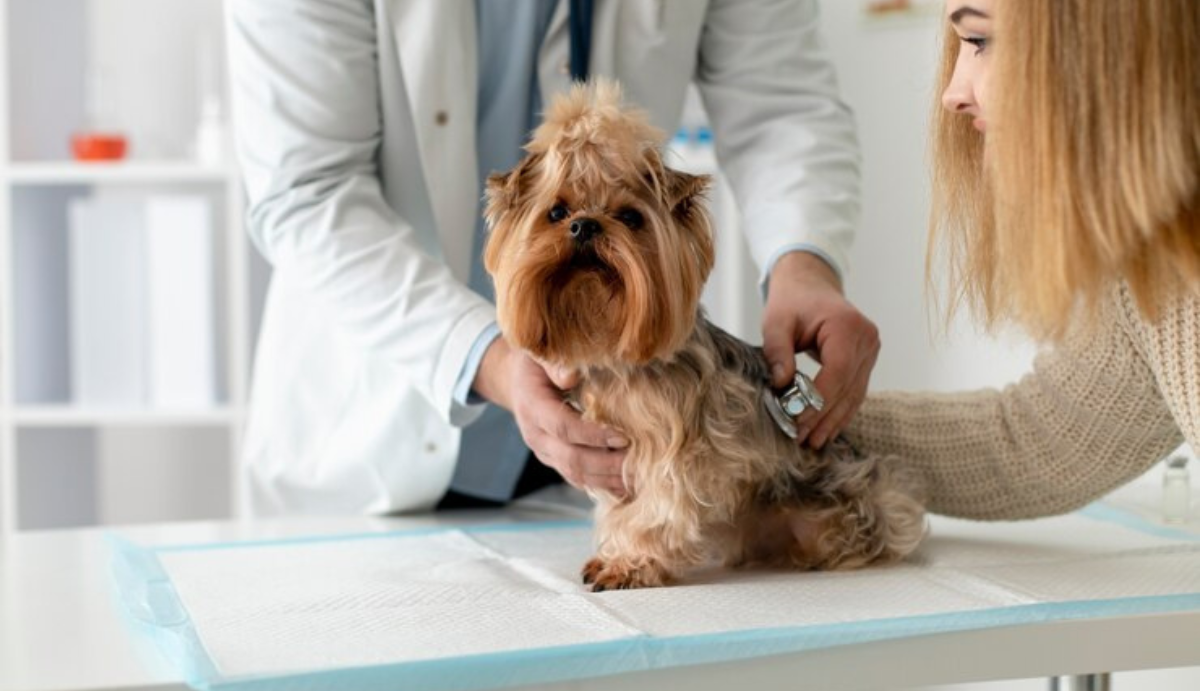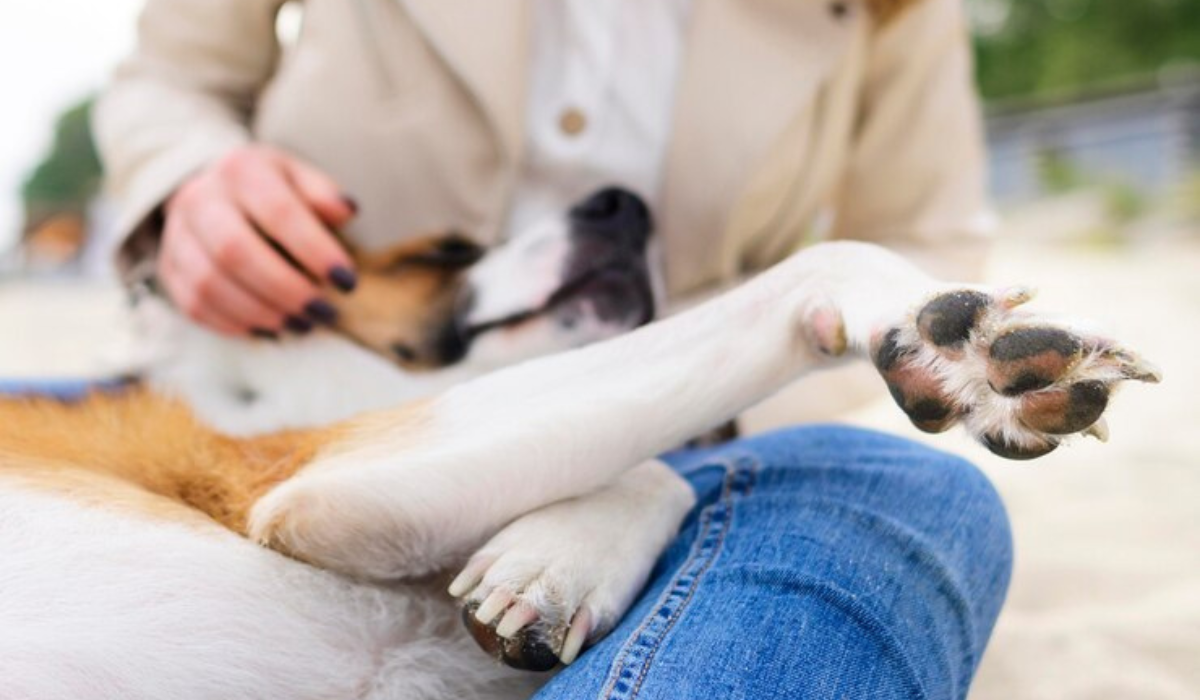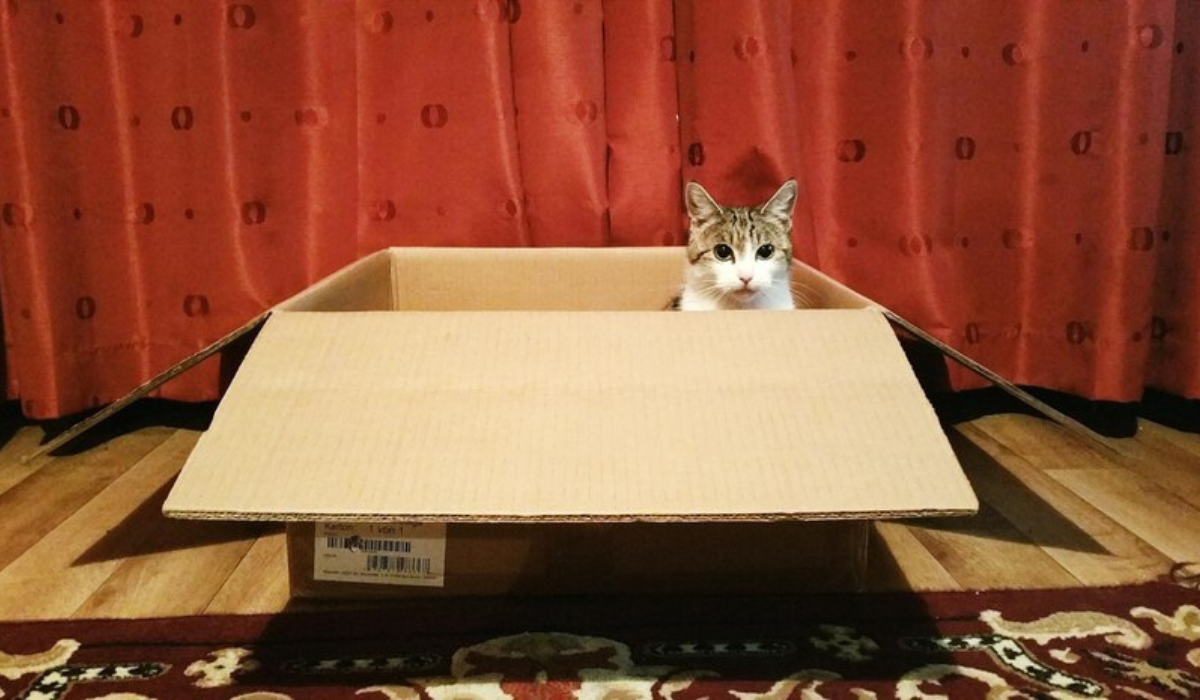An introduction:
Pet owners do not want to think about losing their beloved pets, which is a heartbreaking experience. Due to the prevalence of pets getting lost, microchipping has emerged as a crucial measure to increase the chances of pets and their owners reuniting.
Microchips:
Despite sounding technical, microchips are tiny integrated circuits about the size of a grain of rice. GPS devices do not track pets, but they provide a permanent and reliable solution to lost pets. Microchips contain unique identification numbers that can be scanned to connect to owner information stored in a secure database.
Process of Implantation:
A microchip can be implanted quickly, easily, and relatively painlessly. In most cases, it is performed between the shoulder blades and below the nape of the neck. A routine vaccination causes minimal discomfort during this process. In most cases, pets don’t even notice that the implant has been done, as there is no need for anesthesia. In order to ensure that the microchip remains secure in place, it is enclosed in a biocompatible capsule.
Here’s how it works:
A lost pet’s microchip can be scanned by shelters or veterinarians to obtain the pet’s unique identification number. In turn, this number is used to retrieve information about the owner from the manufacturer’s database. Pet owners whose contact information is up-to-date are promptly notified about their pet’s location, facilitating a swift reunion.
Actions to be taken after microchipping:
For the microchip to be effective, the following steps must be taken:
-
Make sure the information on your pet’s chip is up-to-date on a regular basis.
-
Check the microchip through the manufacturer’s database or the Universal Pet Microchip Lookup.
-
Keep your contact information up-to-date with the chip company.
Dogs and cats benefit from microchipping in the following ways:
Microchipping has been proven to have the following benefits:
-
Dogs with microchips are twice as likely to return home if they are microchipped.
-
It is over twenty times more likely for cats with microchips to be reunited with their owners if they are microchipped.
-
The ASPCA reported significant differences in reunion rates in 2009, emphasizing the effectiveness of microchips.
Microchips make reunions possible:
Here are some real-life examples of how microchips can reunite lost pets:
-
In Thanos’ case, a microchip helped retrieve a stolen dog.
-
Microchip identification led to the recovery of Olie, a stolen cat found seven years later.
-
A microchip scan led to the safe return of an escaped cat.
-
A microchip helped reunite a farm dog who had been missing for five days.
Microchip updates are important for:
The information on your pet’s microchip should be verified and updated regularly. As a result of microchips, owners can be quickly and accurately identified in an emergency.
Leading Microchip Services Recognized:
24Petwatch’s recognition as a leader in lost pet recovery solutions highlights the importance of microchip databases and services in facilitating quick reunions.
Microchip effectiveness testimonials:
Several real-life testimonials emphasize how microchips help reunite lost pets, providing owners with peace of mind.
Parents of pets should follow these recommendations:
A microchip should be implanted in every pet. As a proactive and essential step in responsible pet ownership, microchips are proving invaluable in reuniting lost pets with their families.
Take a look at Chip Day:
On August 15, Check the Chip Day is celebrated, emphasizing the importance of pet safety and security. Microchip information should be updated and functional, so that those without microchips can schedule an appointment with their veterinarian.
In conclusion:
In order to ensure the safety, security, and responsible ownership of pets, microchipping is an essential and effective step. It significantly increases the chances of reuniting with a lost or stolen pet, giving pet owners peace of mind and providing a reliable way to identify their pets. Contact your local veterinary center for more information about pet microchipping.









